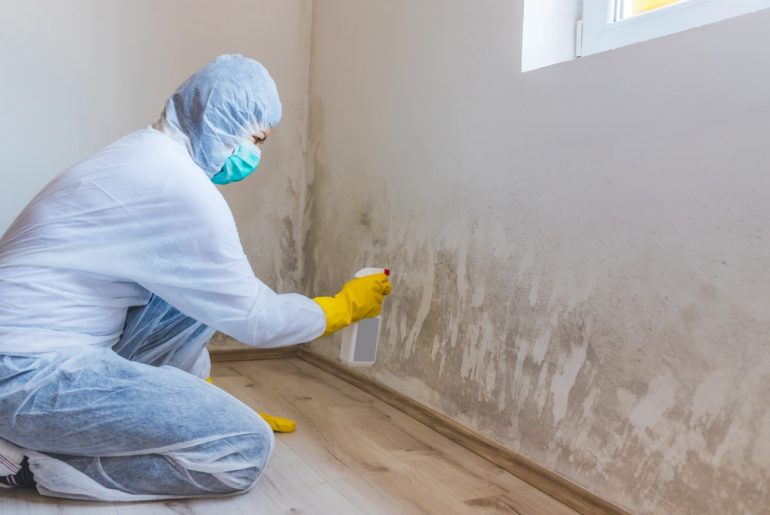Buying a cleaning business sounds like a complicated venture, but it’s all about asking the right questions. You’ll need to have a good handle on the company’s clientele, financials, supplies and equipment, and potential for commercial growth. You’re buying a cleaning business to continue helping it flourish, so you should know how not to let it go up in flames.
Examine the Client Base
How you approach this step depends on whether the cleaning business is big or small, and how many big and small clients there are. Look at how long these clients have been with the company. Clients who have stuck around for two to three years have proven their loyalty and are likely to stay. But clients that have seen more than eight to ten years of commitment may retire soon.
Keep in mind that there is no guarantee that clients will stay when you buy a cleaning business. If they decide they no longer prefer your service, they have the freedom to choose another service. Be careful if the seller guarantees the retention of the company’s clientele. It’s great that they have such confidence in their clientele, but the seller cannot speak for each client.
A mix of large and small clients is the ideal clientele. A cleaning company getting a bulk of its revenue from one or two large clients might be fine, but having some small clients to balance out the mix allows for better job security, especially if one big client is due to retire soon.
Ask if you can speak personally with some of these clients. These conversations can gauge whether the clientele will remain largely loyal even when you buy the cleaning company, and allow you to build goodwill with them.
Examine the Company’s Finances
A dependable clientele may indicate a record of quality, reliable service. On the other hand, decent finances suggest that customers are paying their bills, and there are enough jobs to keep up with the company’s expenses.
Before buying a cleaning business, examine all the sales patterns, including daily, monthly, and annual. These numbers will show you whether there has been any growth, stagnation, or decline in the company’s finances over time. You can also inquire about the company’s monthly expenses stacked against the monthly income, as well as the monthly gross billing.
Take into account what changes you might make and how much they’ll cost, especially the liabilities you might assume. You’ll have to factor these, and any other anticipated expenses, in when predicting future cash flows, if the business is going to earn enough to meet its financial needs.
Examine the business’s training and operation manuals when you buy a cleaning business. These may contain instructions for how the company managed all their accounts and may leave room for your improvements.
However, if working out finances is not your strong suit, you can always hire an attorney, specifically one with experience with business sales/acquisition, to help you out.
Review the Company’s Supplies and Inventory
It’s tempting when you buy a cleaning business to first look at the quality of its supplies and inventory. However, the number of supplies and inventory can indicate the cleaning business’s progress or quality as a service. Is there enough equipment to run the business? If there is a surplus of equipment not being used, the company may have lost clients and hasn’t replaced them.
If the company needs new supplies, be sure to factor that into future expenses. Keep in mind that many commercial vacuum cleaners and power washers cost a few hundred dollars and may only last a few months, depending on their use. You should also factor in how many supplies you may go through in a given time.
Is There a Commercial Property with Room for Growth?
Most businesses run on commercial property, which is property specifically meant to generate profit or capital. How much capital or profit that property acquires depends on factors such as proximity to the primary demographic, the character of the property itself, traffic volume, etc. However, buying a commercial property is not just about location, location, location.
When you acquire commercial property, its value depends on its profitability and potential to continue that profitability. You can choose to keep the business in its current location or move it somewhere new once these two things are carefully evaluated.
If you don’t want to buy, leasing property can allow you time to acquire more capital, or even acquire and redevelop a new property from scratch. Although your leased cleaning business might be established, acquiring and developing a new property from scratch can still be risky.
Wherever you choose to locate your cleaning business, make sure you can maximize the location’s benefits so your business can keep growing.




